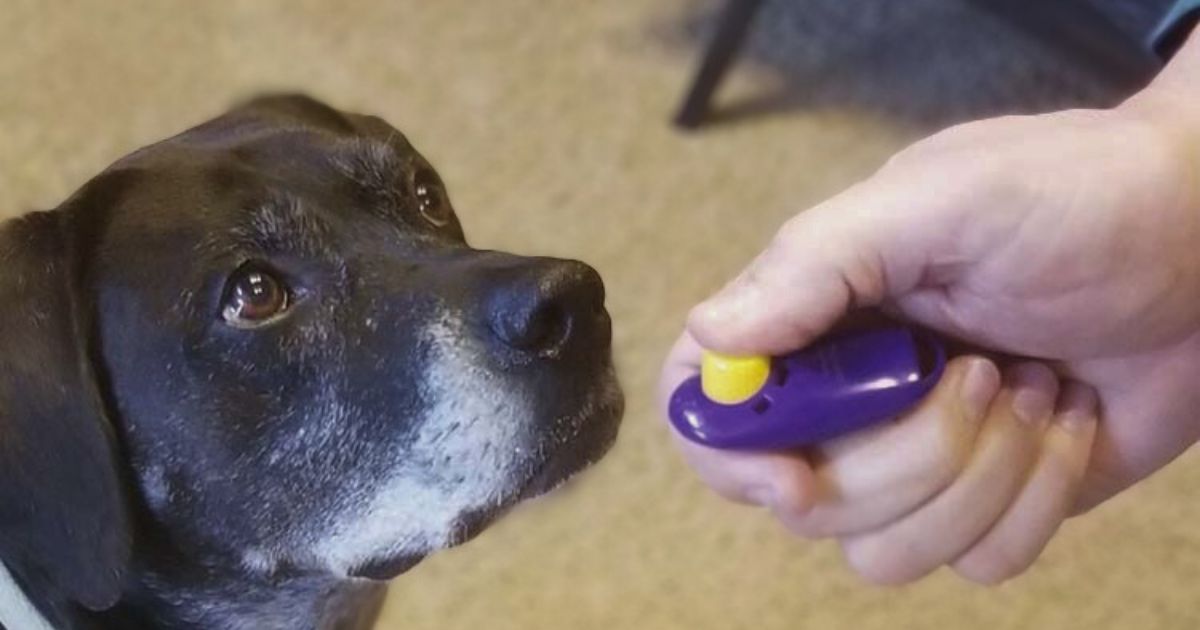
WE HELP PEOPLE AND ANIMALS LEARN BETTER, TRAIN BETTER WITH US
Why is Clicker Training Better?
When animals perform a behavior in order to bring about a desired consequence, as clicker trained animals do, they are learning in a way that researchers call "operant conditioning."
Animals (and people) may also associate an action, event, place, person, or object with a pleasant or unpleasant emotion. The more a certain event or environment is paired with a pleasant or unpleasant result, the more likely a strong association will be created. This type of association leads to reflexive behaviors and that type of learning is called “classical conditioning."
While clicker training initially employs the emotional association created by the regular pairing of the click with food, it quickly becomes operant conditioning as soon as the animal repeats an action to earn a reward. Training through operant conditioning results in purposeful behavior while training through classical conditioning results in reflexive behavior.
The difference between an animal that behaves with purpose and an animal that behaves through reflexes is vast. Clicker-trained or operantly conditioned animals try to learn new behaviors. They remember behaviors even years later because they were aware of them as they learned them, rather than acquiring them without awareness. Clicker-trained animals develop confidence because they have control over the consequences of their actions. They are enthusiastic because they expect those consequences to be pleasurable.
A few technical notes:
This article was written for a general audience to help explain the benefits of clicker training. It is not a technical description of clicker training, nor is it intended to be a how-to guide. Although the article refers to the science underlying clicker training, there are many terms that have been intentionally simplified to make it easier for the average reader to understand. If you delve more deeply into the science you will find that “rewards” is an inaccurate term and that, rather than “rewarding behavior,” professional trainers will often refer to the process as “reinforcing behavior.” Concepts like classical conditioning and operant conditioning have been simplified here purposely to avoid confusion.
